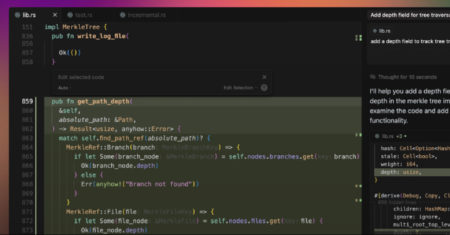Fedora Linux Delays 32-bit Support End: Community Backlash Saves Gaming & Legacy Hardware

Previously, developers of Fedora Linux proposed discontinuing support for the 32-bit version, citing the widespread adoption of 64-bit architectures across modern hardware, which rendered the continue …
Read more
Published Date:
Jul 01, 2025 (3 hours, 27 minutes ago)
Vulnerabilities has been mentioned in this article.
Source: Read More
